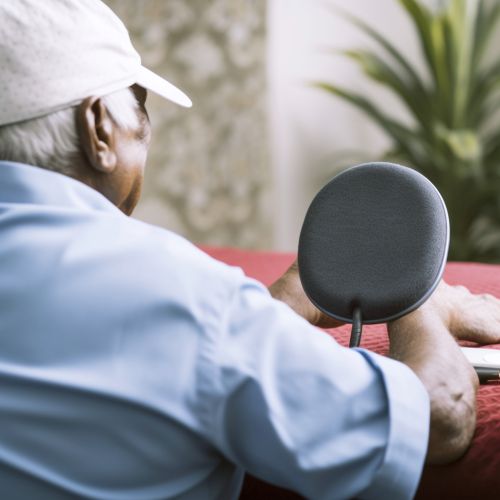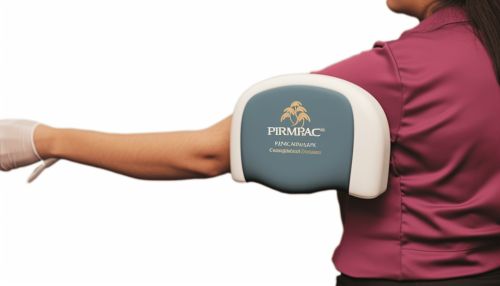Lumbar puncture
Introduction
A Lumbar puncture (LP), also known as a spinal tap, is a medical procedure where a needle is inserted into the spinal canal, most commonly to collect cerebrospinal fluid (CSF) for diagnostic testing. The area of the spinal canal that is accessed is called the lumbar region, hence the name lumbar puncture.


Indications
Lumbar punctures are often performed to diagnose or rule out conditions that affect the brain, spinal cord, or other parts of the nervous system. These conditions can include meningitis, subarachnoid hemorrhage, multiple sclerosis, and Guillain-Barré syndrome. Lumbar punctures can also be used to administer medications directly into the spinal canal, such as chemotherapy drugs or anesthetics.
Procedure
During a lumbar puncture, the patient is typically positioned on their side with their knees drawn up to their chest, or sitting and leaning forward onto a table. This position helps to widen the spaces between the vertebrae, making it easier for the physician to access the spinal canal. The skin over the lumbar region is cleaned and then numbed with a local anesthetic. A thin, hollow needle is then inserted between two vertebrae and into the spinal canal. Once the needle is in place, CSF can be collected for testing or medication can be administered.
Risks and Complications
While lumbar punctures are generally safe procedures, they are not without risk. Potential complications can include headache, infection, bleeding into the spinal canal, and damage to the nerves or spinal cord. In rare cases, a lumbar puncture can cause a change in pressure within the skull that can lead to brain herniation, a potentially life-threatening condition.
Aftercare
After a lumbar puncture, patients are typically advised to rest and drink plenty of fluids. This can help to replenish the CSF that was removed and reduce the risk of headache. Patients may also be advised to avoid strenuous activities for a period of time.
